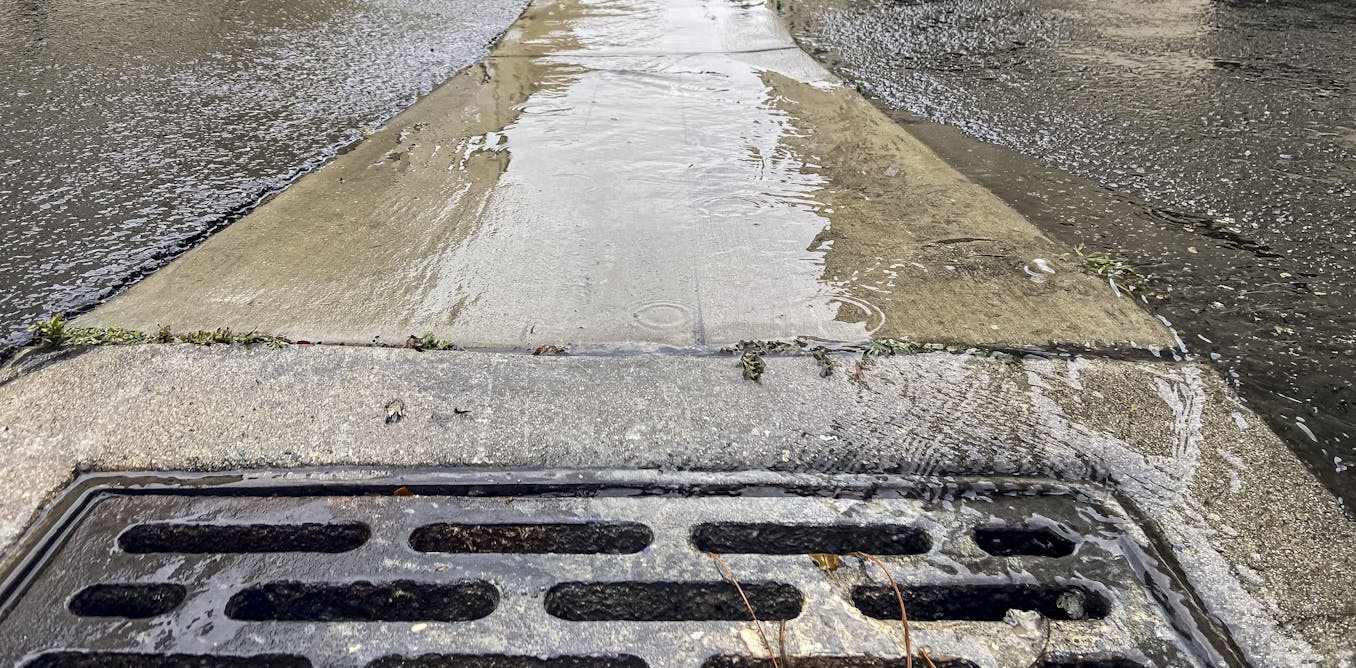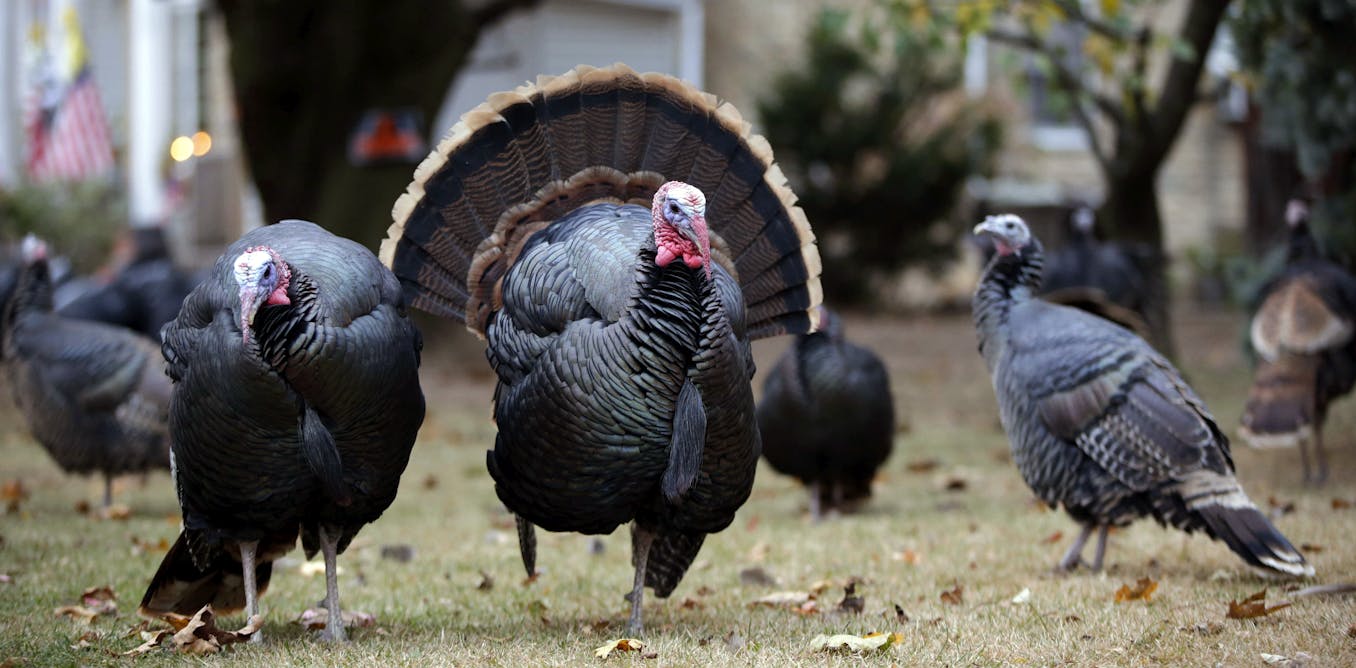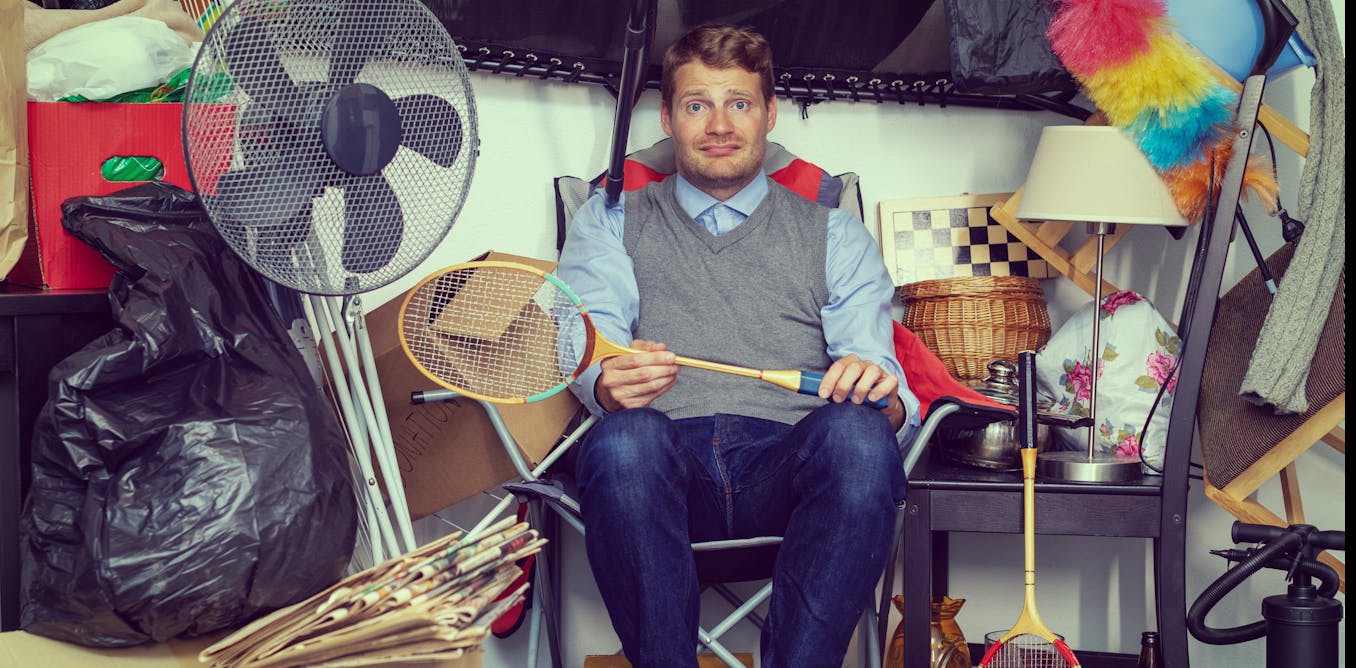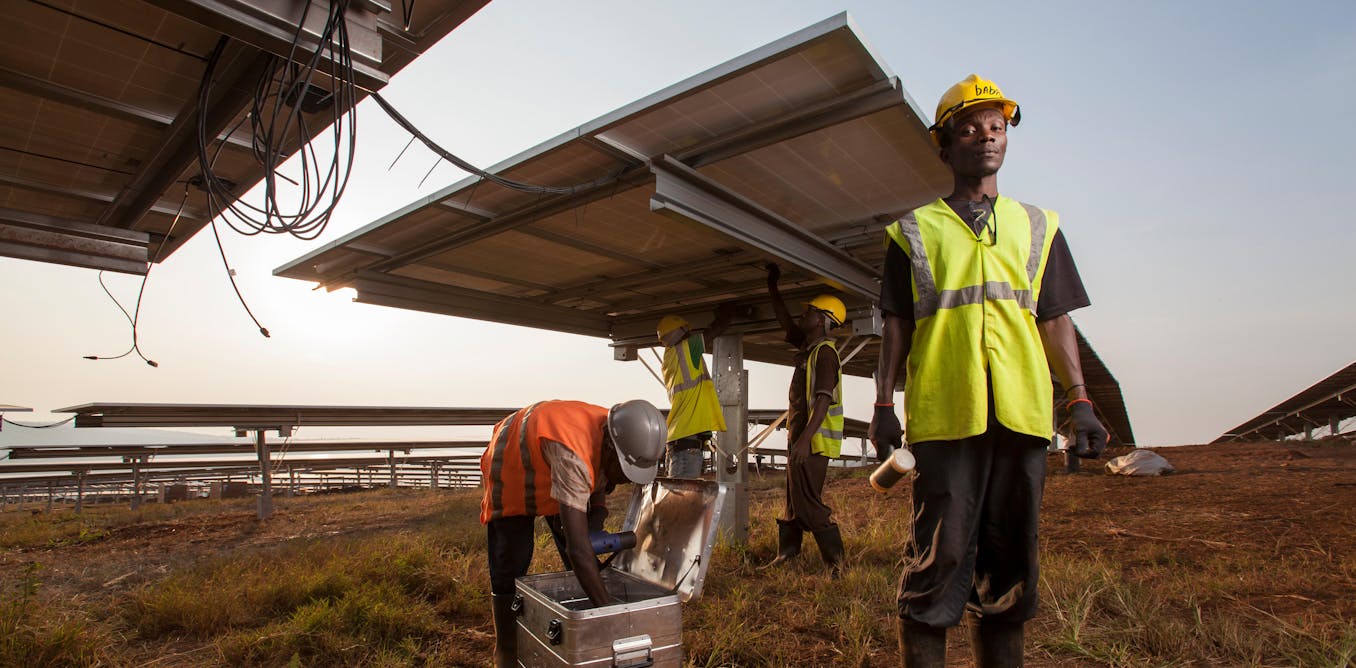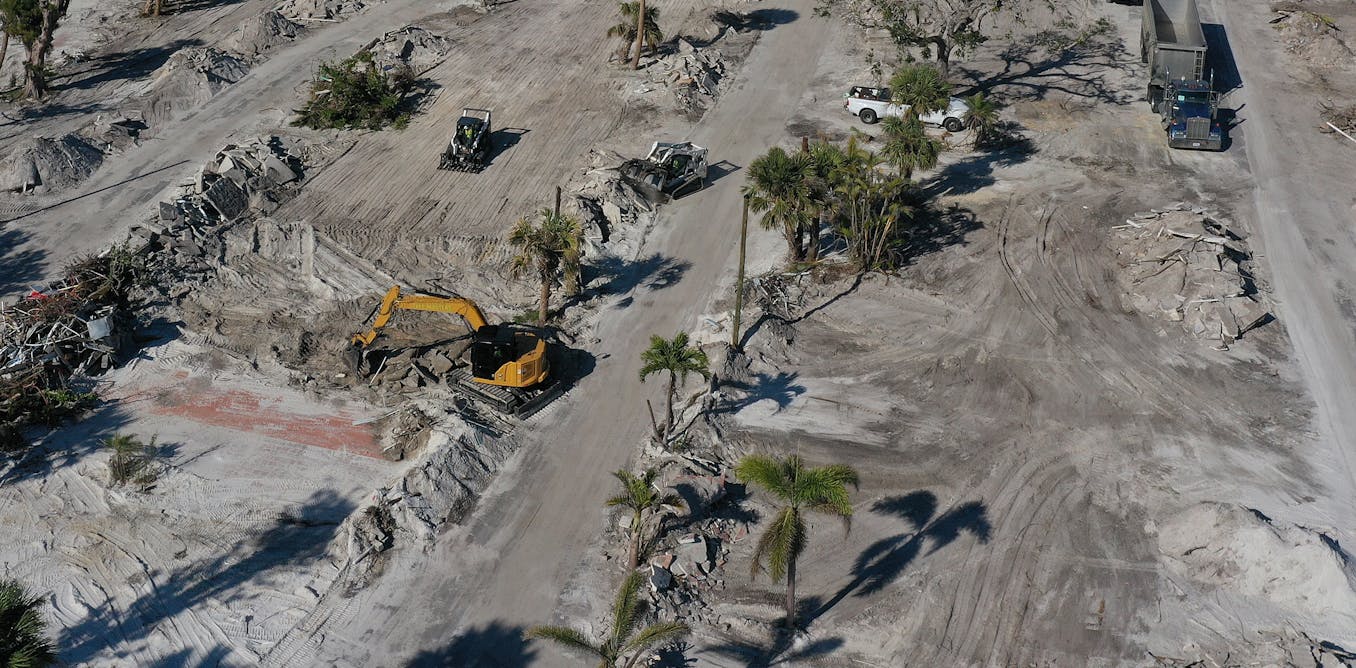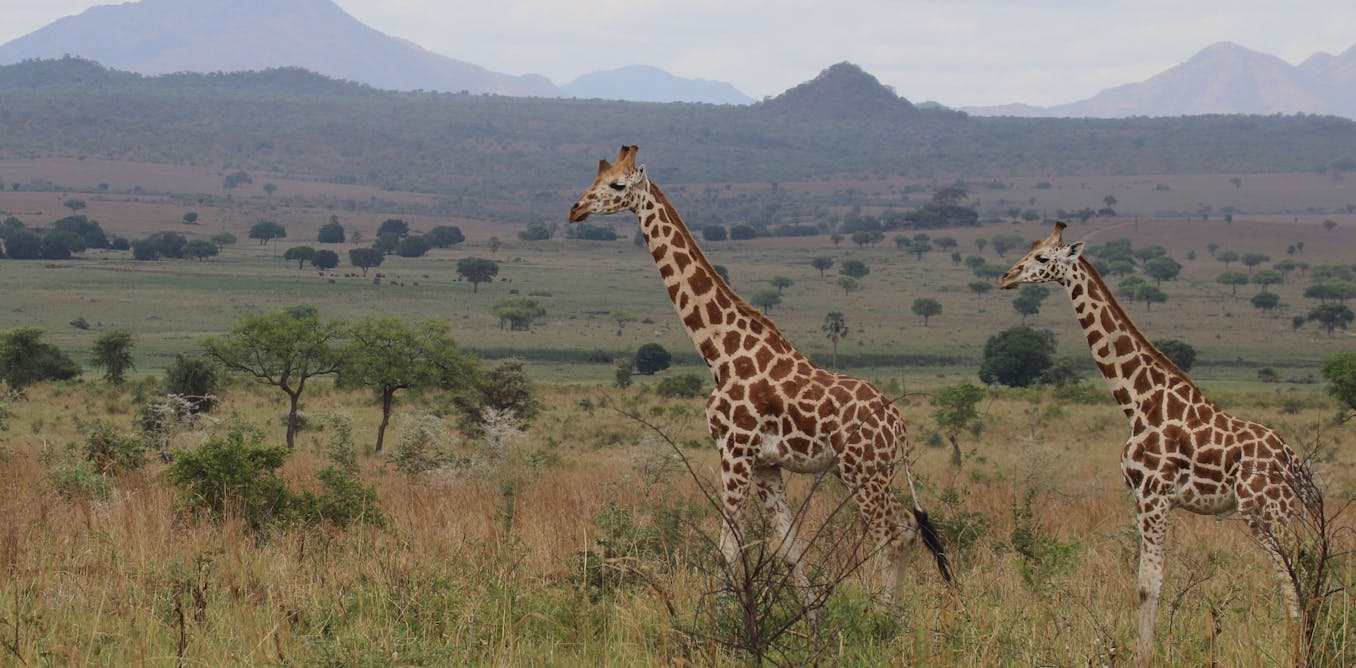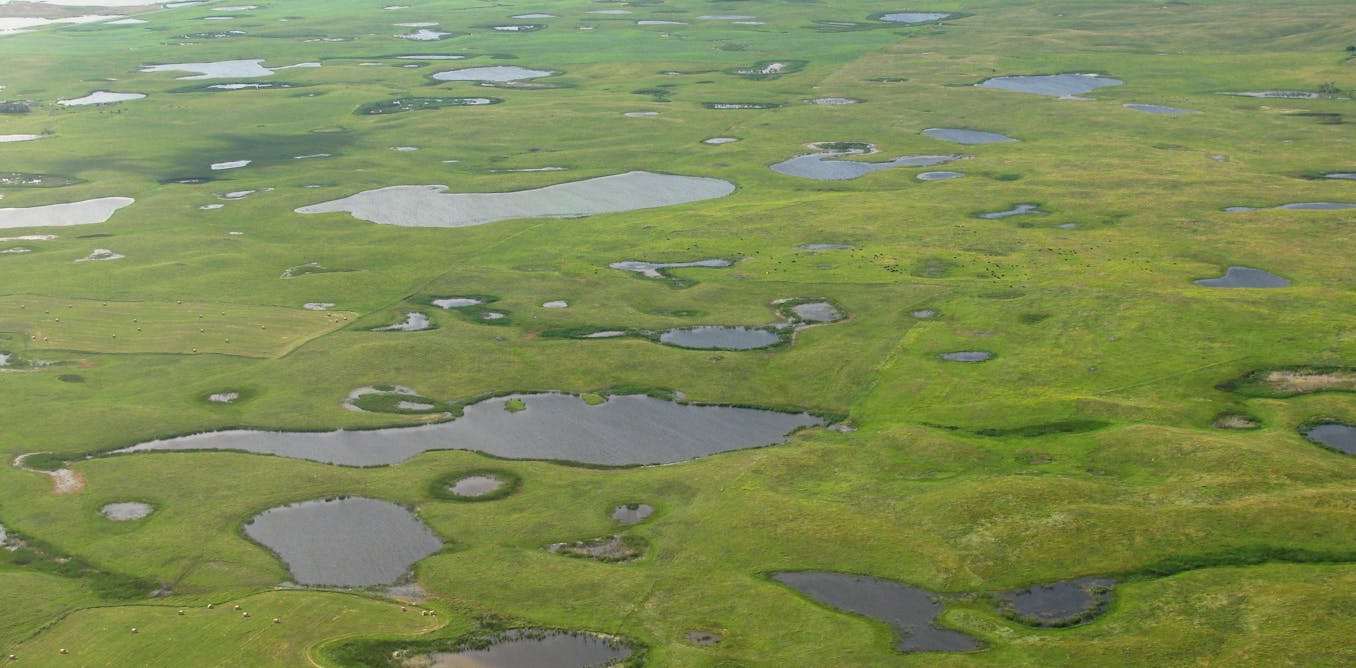Supreme Court could narrow the scope of federal environmental reviews, with less consideration of how projects would contribute to climate change
The Supreme Court will consider how far outward federal agencies should look when they analyze how a proposed action could affect the environment.
Dec. 4, 2024 • ~11 min
As climate change amplifies urban flooding, here’s how communities can become ‘sponge cities’
US cities are doing green infrastructure, but in bits and pieces. Today’s climate-driven floods require a much broader approach to create true sponge cities that are built to soak up water.
May 7, 2024 • ~12 min
Wild turkey numbers are falling in some parts of the US – the main reason may be habitat loss
Wild turkeys were overhunted across the US through the early 1900s, but made a strong comeback. Now, though, numbers are declining again. Two ecologists parse the evidence and offer an explanation.
April 19, 2024 • ~10 min
Hoarding can start in childhood – here’s why early intervention is so crucial for all age groups
Hoarding can start in childhood with no trigger, or later in life after life events such as relationship changes.
April 16, 2024 • ~7 min
China is already paying substantial climate finance, while US is global laggard – new analysis
Climate finance can help developing countries adapt to climate change and phase out their emissions.
Nov. 29, 2023 • ~8 min
Climate change is a fiscal disaster for local governments − our study shows how it's testing communities in Florida
A new study of Florida’s fiscal vulnerability to climate change finds that flooding directly threatens many local tax bases.
Oct. 5, 2023 • ~11 min
Giraffes range across diverse African habitats − we’re using GPS, satellites and statistics to track and protect them
The largest ever giraffe tracking study shows how these massive animals are responding to human pressures across many different habitats throughout Africa.
Aug. 30, 2023 • ~9 min
The Supreme Court just shriveled federal protection for wetlands, leaving many of these valuable ecosystems at risk
In Sackett v. EPA, a suit filed by two homeowners who filled in wetlands on their property, the Supreme Court has drastically narrowed the definition of which wetlands qualify for federal protection.
May 26, 2023 • ~11 min
/
3




